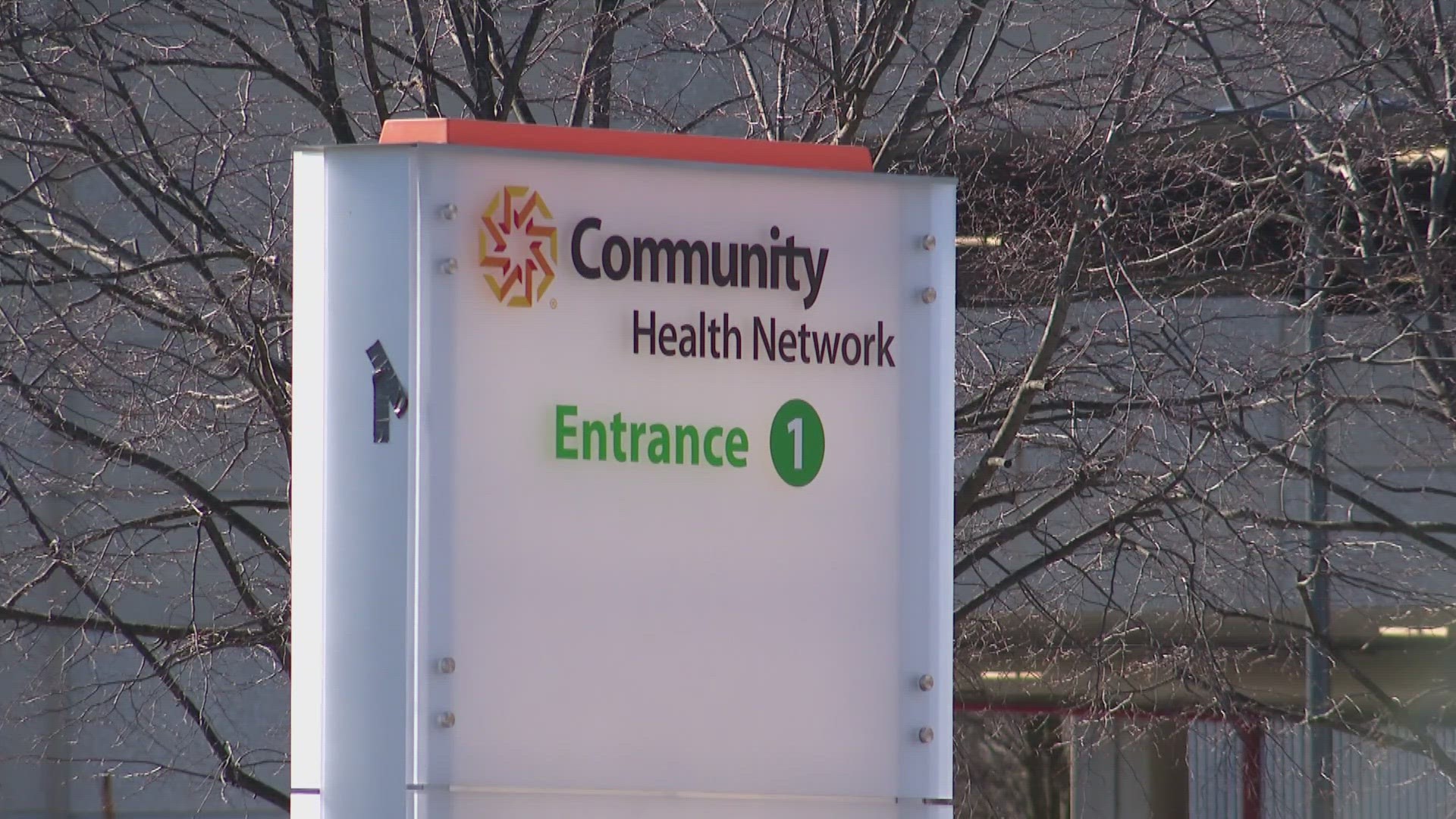INDIANAPOLIS — Community Health Network, Inc. has agreed to pay the United States $345 million to resolve allegations it violated the False Claims Act by knowingly submitting claims to Medicare for services that were referred in violation of the Stark Law.
Under the Stark Law, when a hospital employs a physician, the hospital may not submit claims for certain services referred by that physician unless the physician’s compensation is consistent with fair market value and not based on the value or volume of their referrals to the hospital.
The lawsuit claims compensation Community paid to its cardiologists, cardiothoracic surgeons, vascular surgeons, neurosurgeons, and breast surgeons was well above fair market value, that Community awarded bonuses to physicians that were tied to the number of their referrals, and that Community submitted claims to Medicare for services that resulted from the allegedly unlawful referrals.
The Department of Justice claims that, beginning in 2008 and 2009, Community Health Network hired hundreds of local physicians at salaries significantly higher than their private practice. Community Health Network is then accused of hiring a firm to review the hires, but allegedly provided the firm with false compensation figures to get a favorable opinion.
“Hoosier Medicare patients deserve to know that their care is based on their medical needs, not their doctor’s financial gain. When doctors refer patients for CT scans, mammograms, or any other medical service, those patients should know the doctor is putting their medical interests first and not their profit margins,” said Zachary A. Myers, U.S. Attorney for the Southern District of Indiana.
As part of the settlement, Community Health Network will enter into a five-year Corporate Integrity Agreement with the Office of Inspector General for the Department of Health and Human Services.
The settlement stems from a whistleblower complaint filed in 2014 by CHN’s former Chief Financial and Chief Operating Officer, Thomas Fischer. Fischer’s share of the settlement amount has not yet been determined.
Community Health Network statement
This matter involved alleged technical violations regarding the manner in which Community compensated certain employed physicians, dating as far back as 2008. The $345 million settlement will be paid from reserves held by the Network, which reported operating revenue of $3.1 billion in 2022.
“This is completely unrelated to the quality and appropriateness of the care Community provided to patients,” said Community spokesperson Kris Kirschner. “This settlement, like those involving other health systems and hospitals, relates to the complex, highly regulated area of physician compensation. Community has consistently prioritized the highest regulatory and ethical standards in all our business processes.”
The civil settlement resolves the government’s claims with no finding of wrongdoing. Community has always sought to compensate employed physicians based on evolving industry best practices with the advice of independent third parties. Community has always sought to provide complete and accurate information to our third-party consultants.
“Community’s caregivers and our services will not be impacted by the settlement,” said Kirschner. “Community’s leadership has ensured the ongoing health and growth of the organization.”
While the settlement resolves claims made by the government, certain claims made by a former employee which the government chose not to pursue remain pending. Community will continue to vigorously defend those claims.
“Community has a bright future,” Kirschner added. “Our commitment to providing exceptional care is unwavering.”
Indiana Hospital Association statement
“The Stark Law is an important law in the health care regulatory arena, and when adopted, the law had a laudable purpose - to prevent physicians from receiving financial incentives that result in a patient receiving unnecessary care,” said IHA Stark Law Expert Steven Pratt, Shareholder with Hall, Render, Killian, Heath, & Lyman, P.C. “Unfortunately, the law is not being enforced to achieve this purpose. Instead, without showing any unnecessary care or any harm to patients or Medicare, hospitals are frequently required to pay extraordinary damages to settle claims. The Community Health Network settlement is a good example of this. In fact, congressional leaders are currently reviewing potential updates to the Stark Law so that any damages are based upon patients having received unnecessary care, and any settlement amounts do not unnecessarily contribute to health care costs.”

